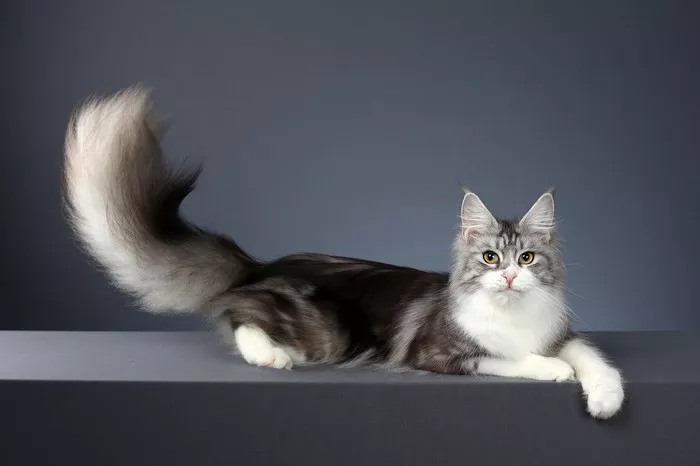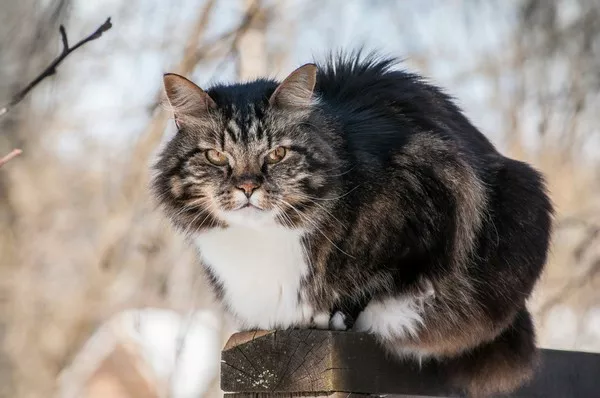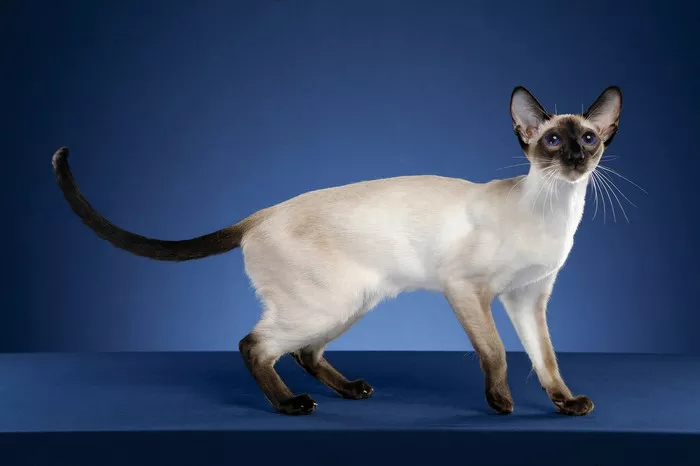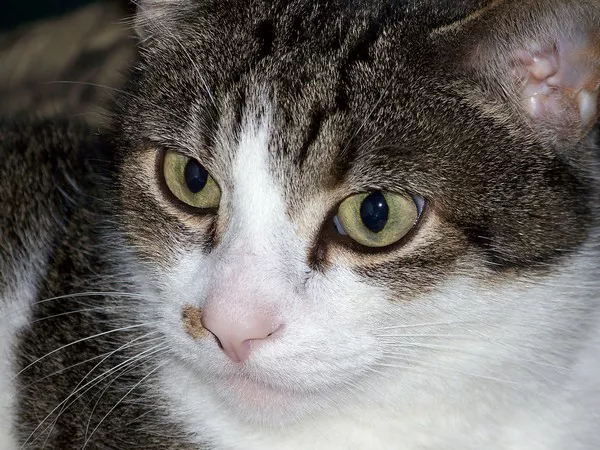The dietary needs of our feline companions are a subject of perpetual interest and concern for cat owners. Maine Coon cats, with their robust and majestic presence, often raise questions about their nutrition. One common query revolves around the inclusion of rice in their diet. In this comprehensive exploration, we delve into the nutritional requirements of Maine Coon cats, assess the potential benefits and risks associated with feeding them rice, and provide insights to help cat owners make informed decisions about their feline friends’ diet.
Understanding Maine Coon Cats’ Nutritional Needs
Maine Coon cats, characterized by their large size, tufted ears, and luxurious fur, are a breed known for their friendly and sociable nature. When it comes to their dietary requirements, these majestic felines share common nutritional needs with other domestic cats. Like their counterparts, Maine Coons are obligate carnivores, meaning their primary source of nutrition comes from meat.
Proteins, sourced from animal products, are essential for Maine Coon cats to maintain their muscle mass, support overall growth, and sustain their energy levels. Additionally, these felines require a balance of fats for healthy skin and coat, as well as various vitamins and minerals to support their overall well-being.
Can Maine Coon Cats Eat Rice?
Now, let’s address the central question: can Maine Coon cats eat rice? Rice, a staple in many human diets, is often considered a safe and easily digestible grain. While cats are not obligate grain consumers, meaning their diet does not require grains, rice can be included in their meals in moderation.
Rice primarily consists of carbohydrates and is relatively low in fat and protein compared to meat. For Maine Coon cats, who typically benefit from a high-protein diet, rice should not be a substitute for their essential meat-based protein intake. However, incorporating small amounts of rice into their diet can provide an additional source of energy and fiber.
Benefits of Including Rice in Maine Coon Cats’ Diet
Digestive Health:
Rice, especially plain and cooked, can contribute to digestive health in cats.
The soluble fiber in rice may aid in regulating bowel movements and preventing constipation.
Energy Source:
Carbohydrates in rice serve as a valuable energy source.
Maine Coon cats, being active and playful, may benefit from the added energy provided by rice.
Variety in Diet:
Introducing rice can add variety to a Maine Coon cat‘s diet.
Rotation of food types helps prevent dietary monotony and encourages a well-rounded nutritional intake.
Gentle on the Stomach:
Plain rice is generally gentle on a cat’s stomach.
It can be beneficial for cats with sensitive digestive systems or those recovering from stomach upset.
Risks and Considerations
While rice can offer some nutritional benefits, it’s crucial to consider potential risks and exercise moderation.
Allergies:
Some cats may develop allergies to grains, including rice.
Monitor your Maine Coon for any signs of allergies, such as gastrointestinal upset or skin issues.
Nutritional Imbalance:
Rice should not replace essential protein sources in a Maine Coon’s diet.
Ensure that the majority of their nutrition comes from high-quality cat food with adequate protein content.
Cooking Precautions:
Plain, cooked rice is preferable.
Avoid seasoning or adding ingredients like onions and garlic, which can be toxic to cats.
Obesity Risk:
Due to their larger size, Maine Coon cats may be prone to obesity.
Monitor their overall calorie intake, including rice, to prevent excessive weight gain.
Consultation with a Veterinarian:
Before making significant changes to your Maine Coon’s diet, consult with a veterinarian.
A professional opinion can provide personalized guidance based on your cat’s health and specific needs.
Incorporating Rice into the Maine Coon’s Diet: Tips and Considerations
Moderation is Key:
Introduce rice in moderation to avoid potential digestive issues.
Small amounts as an occasional treat or addition to their regular meals can be sufficient.
Cooking Method:
Opt for plain, cooked rice without additional seasonings.
Avoid using butter, oil, or spices that may be harmful to cats.
Observation and Monitoring:
Watch for any adverse reactions or changes in behavior after introducing rice.
If you notice any concerns, consult with a veterinarian promptly.
Balanced Diet:
Ensure that rice complements, rather than replaces, a balanced and nutritionally complete cat food.
The primary source of nutrition for Maine Coon cats should be high-quality cat food with sufficient protein content.
Veterinary Guidance:
Discuss your cat’s diet with a veterinarian, especially if you have concerns or if your cat has pre-existing health conditions.
A professional can provide personalized advice based on your Maine Coon’s unique requirements.
Conclusion
In conclusion, while Maine Coon cats can eat rice in moderation, it’s essential to approach their diet with careful consideration and understanding of their unique nutritional needs. Rice can offer certain benefits, such as digestive health and additional energy, when incorporated wisely into their meals. However, maintaining a primary focus on high-quality cat food rich in protein ensures that Maine Coon cats receive the essential nutrients vital for their overall well-being.
As responsible cat owners, striking the right nutritional balance involves a combination of a well-formulated cat food diet, occasional treats like rice, and regular veterinary check-ups. By approaching their diet with knowledge and mindfulness, you can contribute to the health, vitality, and happiness of your majestic Maine Coon companion.























